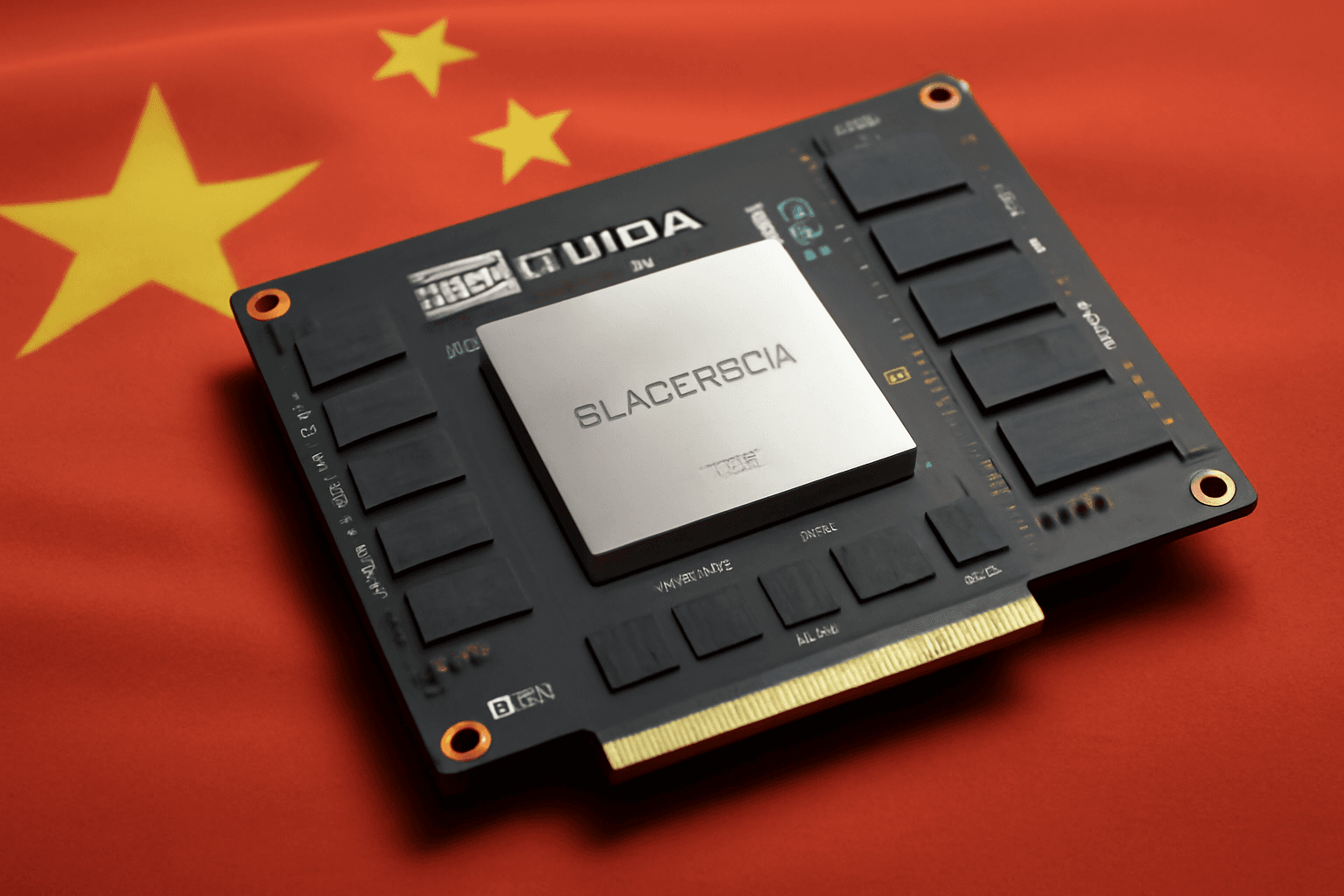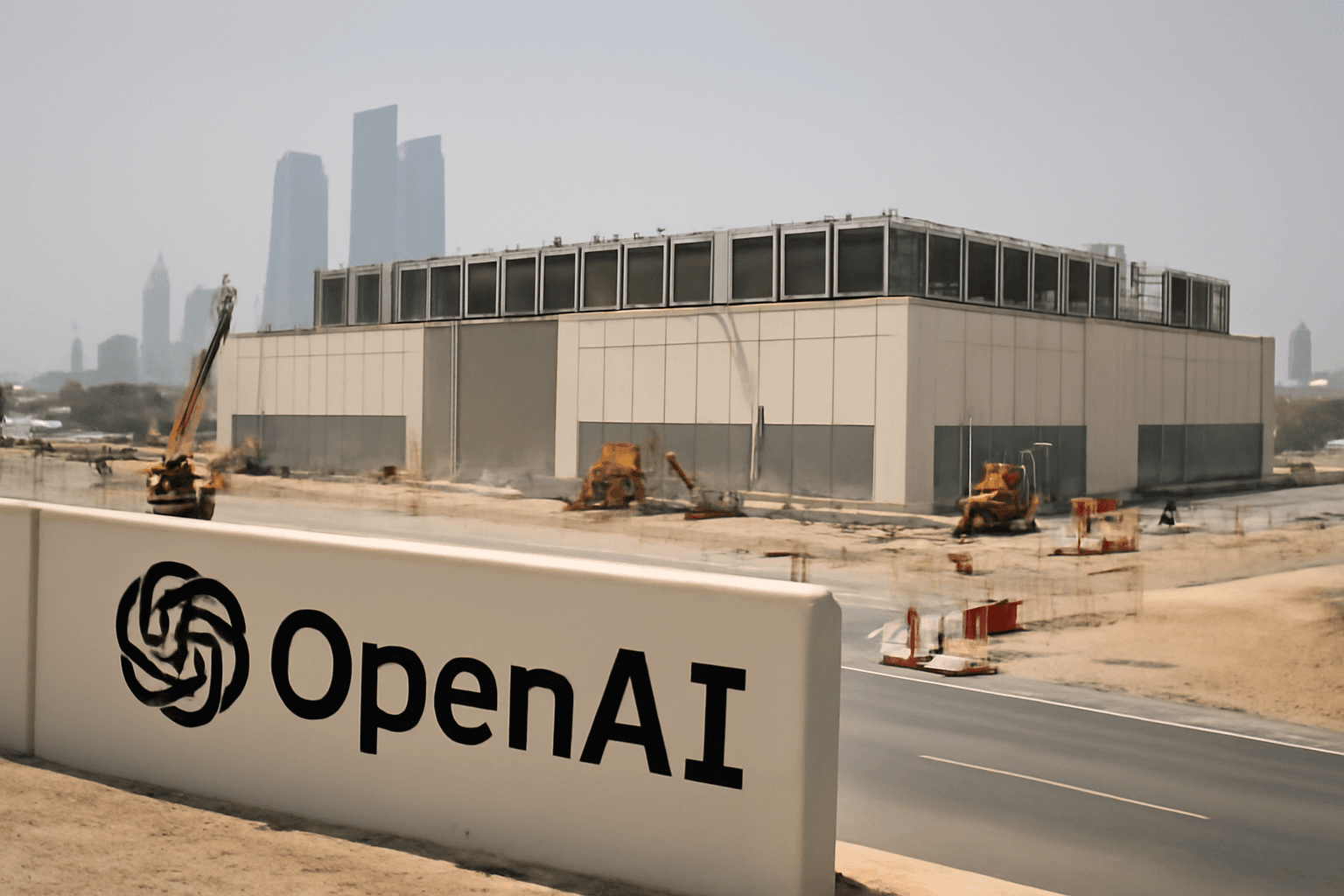AI's Growing Impact on Entry-Level Employment
Artificial Intelligence (AI) is poised to significantly disrupt the job market, particularly affecting entry-level white-collar jobs. Recent analysis highlights a worrying trend for new graduates and young professionals entering the workforce.
Rising Unemployment Among Recent Graduates
Unemployment rates for recent college graduates in the United States have climbed to 5.8%, surpassing the national average unemployment rate of 4% and more than doubling the 2.7% rate noted for all college graduates. This increase underscores the challenges faced by younger entrants to the labor market.
Expert Prediction: AI Could Displace Half of Entry-Level Jobs
Dario Amodei, CEO of a major AI firm, has forecasted that up to 50% of entry-level white-collar jobs could be replaced by AI within the next one to five years. This shift may result in unemployment rates climbing drastically, potentially reaching between 10% and 20% if current trends persist.
Jobs Most Vulnerable to AI Automation
Positions in sales, customer support, software development, and marketing are among the most vulnerable, especially those typically held by junior employees. Even technical degrees are not immune; unemployment rates for recent graduates in Computer Engineering and Computer Science stand at 7.5% and 6.1% respectively, both above average.
AI Adoption Spreads Beyond Tech Industry
AI's influence is no longer confined to technology firms. Analysis of 419 U.S. companies referencing AI in earnings calls since 2021 reveals that approximately 40% of these enterprises are from non-tech sectors such as retail, finance, and healthcare, indicating widespread integration of AI technologies.
Mixed Industry Perspectives on AI and Employment
- Positive Impact: Some business leaders report that AI has enabled investment in new roles, with overall employment growth. For example, IBM’s CEO notes increased hiring alongside AI adoption.
- Negative Impact: Others acknowledge that replacing employees with AI can degrade service quality, as seen in Klarna’s experience where staffing cuts due to AI automation led to subpar customer service and potential rehiring.
Preparing for a Changing Job Landscape
While AI offers business opportunities to enhance efficiency and innovation, the risks for early-career workers are considerable. The evolving employment environment demands urgent action from companies, governments, and educational institutions to equip the workforce with new skills and adaptability.
Key Recommendations Include:
- Implementing upskilling and reskilling programs targeting entry-level workers.
- Reforming education to align with technological advancements and emerging job requirements.
- Developing policies to support displaced workers during transitions.
Understanding and managing AI's impact on jobs is critical to ensuring a balanced and inclusive labor market in the near future.











